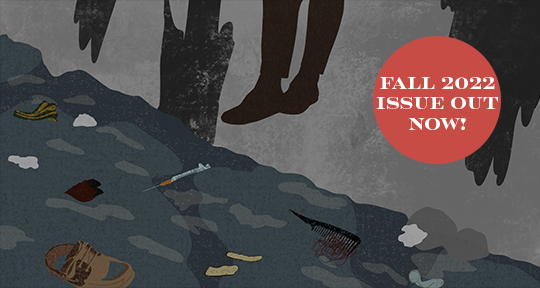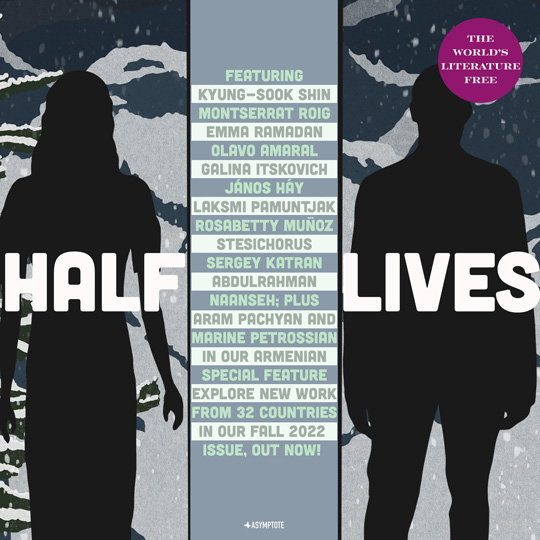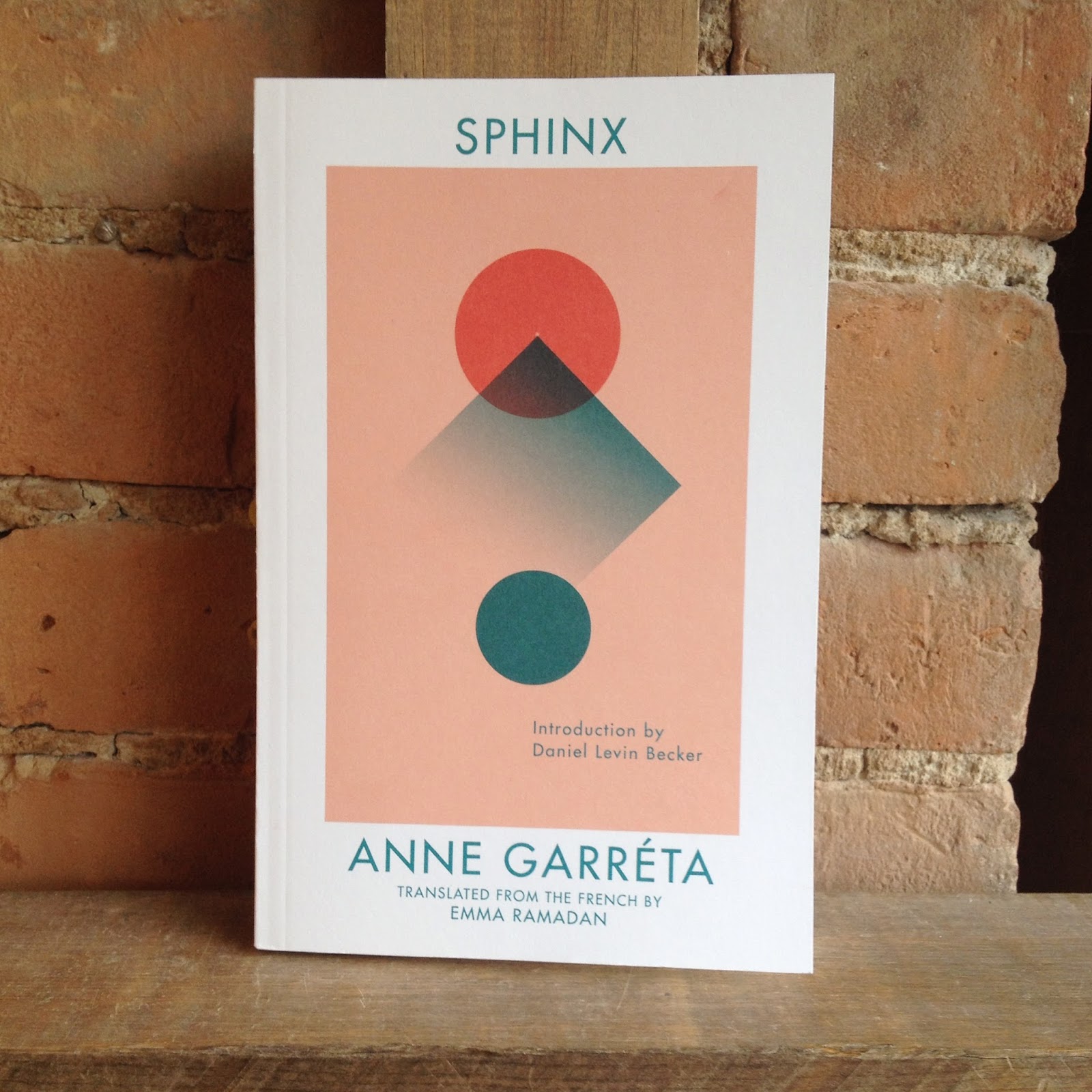We use our bodies to write, to type, to think, to read aloud, to listen, to gauge by our gut whether or not a sentence is right . . . When a sentence isn’t right, I feel it immediately in my back . . . what I bring to the table as a translator is precisely that I come at books from a place of emotion. That urge to translate a book comes from seeing what it can do for a reader emotionally, what it does to me emotionally, how it can impact the way people feel in the world.
For longtime followers of Asymptote, it will come as no surprise that our seventh most popular article of 2022 was Claire Mullen’s interview with Emma Ramadan from the Fall 2022 issue. An established, sensitive and sought-after translator from the French who not only interned with us way back in 2012, but also appeared in our pages throughout the years thereafter, Ramadan is the recipient of a Fulbright, NEA Translation Fellowship, the 2018 Albertine Prize, and the 2021 PEN Translation Prize.
In this interview, which easily topped our internal survey of favorite articles from the issue, Ramadan shines a spotlight on the lesser known role of the translator—that of the archive researcher, as demonstrated by her work on Marguerite Duras’s The Easy Life and Barbara Molinard’s Panics.
For example, she describes following a “little tingle” into the Providence Public Library where she finally discovered the elusive French manuscript of Panics that she had been looking for, to no avail, in France—no less.
This illuminating interview surely sets her apart as a translator whose practice goes beyond mere questions of language.
After reading what she has to say in our current issue, we invite you to revisit her other appearances throughout the years as well. For just a taste:
Former Blog Editor Allison Braden interviewed Emma Ramadan in October 2020 on her translation of Meryem Alaoui’s Straight From The Horse’s Mouth, in which Ramadan reveals “something that I do with every book, actually—is that I read out loud as I translate.”
In her September 2018 conversation with former intern Mallory Truckenmiller, Ramadan discusses her dual role as character and translator in Brice Matthieussent’s Revenge of the Translator, and the embodiment of the act of “Translation as erotic.” ”Getting inside the author’s psyche, recreating their words,” she says, is “incredibly intimate . . . intellectually stimulating . . . sexy.”
If you find yourself itching for more insights into translation direct from the horse’s mouth—including the opportunity to pose direct questions to translators during the live Q&A session with the author and/or the translator of the title that we conduct each month—we invite you to join the Asymptote Book Club, for which past members have read Ramadan’s translations of Alaouai and Matthieussent alongside other cutting-edge works of world literature!
REVISIT OUR SEVENTH MOST-READ ARTICLE OF 2022
*****
Discover more on the Asymptote blog:









